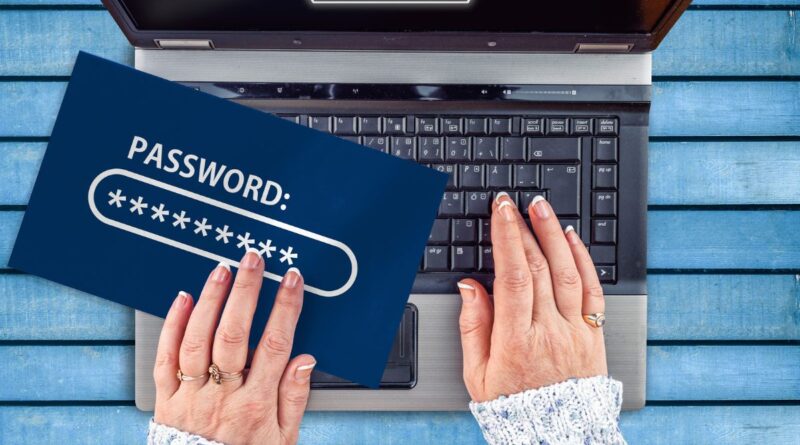Special characters in passwords are like secret ingredients that make your digital security stronger. These unique symbols, such as @, #, $, or %, add an extra layer of complexity that makes passwords significantly harder to crack. Adding special characters to passwords enhances online security and provides essential protection for digital accounts.
Spis treści:
What Are Special Characters?
Special characters include any non-alphanumeric symbols that you can find on your keyboard. Common examples include: ! @ # $ % ^ & * ( ) – _ + = [ ] { } | \ : ; ” ‘ < > , . ? /. These characters add variety to your password beyond just letters and numbers. Think of them as the spice in your password recipe – they make it more complex and unique. Many websites and applications require at least one special character in passwords because they significantly increase the number of possible combinations a potential attacker would need to try.
Why Are Special Characters Important?
The importance of special characters in passwords cannot be overstated. When you include special characters in your password, you exponentially increase the number of possible combinations. For example, if you’re using only lowercase letters (26 possibilities) and numbers (10 possibilities), you have 36 possible characters for each position in your password. Add special characters (around 32 common ones), and you now have 68 possible characters for each position. This mathematical advantage makes it significantly more difficult for both brute force attacks and dictionary-based password cracking attempts to succeed.
Best Practices for Using Special Characters
While using special characters is important, it’s equally crucial to use them effectively. Don’t just add an exclamation mark at the end of your password – that’s a common pattern that attackers know to look for. Instead, try incorporating special characters throughout your password. Consider using them to replace letters in a memorable phrase (for example, “password” could become “p@$$w0rd” – though please don’t use this actual example). Also, avoid using the same special character multiple times, as this reduces the password’s complexity. Mix different types of special characters with uppercase letters, lowercase letters, and numbers for maximum security.
Common Mistakes to Avoid
Many users make common mistakes when incorporating special characters into their passwords. One frequent error is using obvious substitutions like ‘@’ for ‘a’ or ‘$’ for ‘s’. While these are better than no special characters at all, they follow predictable patterns that password-cracking programs can easily guess. Another mistake is placing special characters only at the beginning or end of the password. It’s also important to avoid using common keyboard patterns or sequences of special characters (like !@#$). Remember, the goal is to create unpredictable combinations that are still memorable for you.
Conclusion
Special characters play a vital role in creating strong, secure passwords that protect your digital life. By understanding their importance and implementing them correctly, you can significantly enhance your online security. Remember that while special characters are important, they’re just one component of a strong password – combining them with sufficient length, randomness, and uniqueness creates the most secure passwords. Consider using a password manager to help you generate and store complex passwords that incorporate special characters effectively.
